Let’s Take a Moment to Remember Vincent Price
Vincent Price died from lung cancer on October 25th, 1993 and I find it somehow fitting that the man who contributed so much to the horror genre in film would die in the Spooky Season. It makes it easy to remember him and to give him a worthy tribute.
Though I did not include any Vincent Price films in my Spooky Season film recommendations in yesterday’s post, Price is my favorite actor within the genre. He made films that were serious as well as films that were pure camp, but he rarely phoned in a performance. At least, I never got the sense that he was phoning in a performance during my many viewings of his films. He, like Boris Karloff, was a tireless worker. His screen credits ranged from noir masterpieces like Otto Preminger’s Laura to the delightfully playful The Raven from Roger Corman, making him a genre fan’s dream actor.
The Raven holds a place of particular charm in my heart and I agree with Goodman Games that the movie belongs in a “cinematic” Appendix N. While the film is quirky and a bit of a slow build, The Raven has a wonderful wizard’s duel at the end that is well worth the wait. It has been argued that this duel was one of the inspirations for the magic system in the Dungeons & Dragons role playing game. We all know that Jack Vance’s Dying Earth was a major influence but if you’ve ever wondered why the Shield spell stops Magic Missile you’ll want to watch this duel.
I cannot remember what was the first Vincent Price film I ever watched. It could have been The Great Mouse Detective or The Pit and the Pendulum. What I do remember is that from the first moment I heart him speak, I was entranced. His smooth articulation made likable characters endearing and villainous characters likable. His performance as Richelieu in George Sidney’s The Three Musketeers is so charming and charismatic that you almost root for him to defeat D’Artagnan. Given how much I adore Gene Kelly in general, I find myself surprised that I just wrote that but it’s true. That’s how compelling Price is in the role.
My wife, Jody, shares my love of all things Vincent Price. His horror films are among the short list horror films she likes and she she likes him so much that she did a tribute to him in an old Nicnup cartoon. I apologize for the fact that the scan that I have uses Comic Sans, you can see from the last panel that she did hand letter the original cartoon. I am the one who made that change, to be able to clearly read all the text, which I now realize I could have just provided below the strip as I’ve done here.
We miss you Mr. Price. Thank you for all the great films.
On this day of Creepiness,
When rampant ghoulies run,
and kids go masked about,
Enjoying pagan fun... Witches feast on human flesh,
While we recall a host,
(A haunt himself in living)
Recently turned ghost...Scary movies [were] his thing, (Theater gave '[i]m a try) Whales of August I liked best. My favorite was The Fly.
We do request a brief repose,
(A moment should suffice)
of silence just to say,
"So long" to Mr. Vincent Price.Fine, Silence, and then we get the candy?!
SH!
Yow!
Weekly Film Article Cavalcade
This week’s cavalcade is a little shorter than usual because while Courtney Howard was at several screenings, and offered some brief reactions to those screenings, she didn’t write any long reviews this week. Luke’s got us covered with two interesting articles this week.
The Lamentations of Luke Y. Thompson
Vortex (2021)
Earlier this week, I asked Luke if there were any older reviews that he wanted me to highlight in this week’s Weekly Geekly Rundown and he quickly responded that there was one film he reviewed that he believed never got enough credit. That film was Gaspar Noé's Vortex, which Luke gave a very positive review over at AV Club.
Given that I’d already written the Weekly Geekly Oddity, and that it was a brief memorial tribute, I thought it was a serendipitous choice. The choice was even more salient given that I’d written about watching films with my late Opa in Wednesday’s film recommendation article.
That’s because Vortex is a film about death and the personal horror of the experiences that come with facing our own mortality. Luke argues that the film’s theme is the relationship between films, life/death, and dreams. What does it mean if films and life itself are merely dreams? And these are dreams that are destined to be forgotten. It’s a powerful message and it reminds me of the brief Twitter/X exchange I had recently with one of my favorite horror authors Tananarive Due.
Tananarive recommended watching a short horror film that was about loss and grief called The Crossing Over Express. She also discussed how she wrote a love letter to her mother in the form of a zombie short film called Danger Word. Tananarive’s post came at just the right emotional juncture for me. The anniversary of my own mother’s death was approaching and her post felt like wonderful hug by proxy and I thanked her for reminding me that horror stories aren’t always about facing our fears, they are also about facing our sorrows.
Based on Luke’s review here, which has prompted me to add Vortex to my must watch list, Gaspar Noé is engaging with both fear and grief and that can be a truly powerful thing. The life as dream metaphor is nothing new and Shakespeare alluded to it in Act III, Scene I of Hamlet when he wrote the “To Sleep, Perchance to Dream” turn of phrase. Which reminds me, if you are ever in a trivia contest and the question relates to a pivotal (and the key here is pivotal) Shakespeare monologue and asks what part of the play the speech occurs in, you’re default answer should always be Act III, Scene I. Shakespeare was nothing if not formulaic in his scene structure. Take that “three act structure sucks” critics.
At the beginning of this section, I wrote that Luke thought the film didn’t get enough credit, but that’s an interpretation of what he wrote in response to my question. He may have meant that he thought the writing within his review wasn’t given enough credit and if that’s what he meant, then I am even more glad I am sharing the review. Luke’s review of Vortex is some of his best writing. I like his reviews in general for their insight, but there is more of the “film scholar” evident in this review than sometimes comes across. I highly recommend reading it.
Child Stars Don’t Always End Tragically
Most conversations I have about child stars tend to be about how their lives were destroyed by their young experiences. As someone whose daughters starred in one episode of Good Luck Charlie, I’ve seen first hand the pressure and pains that young actors can experience. One need not delve into the genuinely horrifying to understand how the grind and constant judgement could lead to self doubt and trauma. Acting is a brutal field and it isn’t actually much gentler for children.
Our Good Luck Charlie experience made us big fans of Bridget Mendler. She was kind to the twins and chatted with them in a manner that was a mix of potential future mentor and chatting with a fan. Her composure showed a maturity that made me hope she would be one of those who could escape the child actor curse, and based on her having attending MIT (where she is/was a Ph.D. Candidate) and Harvard Law (where she earned her JD) I think she’s doing just fine.
As hinted earlier, not every child actor has such a happy continuation, which is why it was nice to read Luke’s recent SlashFilm article discussing Child Stars who go on to have normal jobs. Early in the article, I was hoping that it would be nothing but success stories but it has a couple of stories of struggle too. Luke highlights an interesting array of child actors and covered some I’d have overlooked if I was writing the article. It’s definitely worth a look.
Glimpses from the Substackosphere and Bloggerverse
I was recently inspired to share my Eye of Argon related takedown of how cruel fandom can be, and I include myself in that criticism, which it is why it was nice to read
’s recent examination of one of my all-time favorite films Hawk the Slayer. In “What Hawk the Slayer Got Right,” Worley provides a fairly strong defense of Hawk’s place in the Sword & Sorcery cinematic canon.The piece is a nice counter point to Tyler Dean’s recent article for Tor Publishing’s Reactor mag discussing “Nine of the Worst on Screen Draculas.” Dean’s piece was as predictable and smug as it was trivial. “Oh no, Luke Evans’ version of Dracula is banal!” Yawn, I like superhero Dracula and to be honest, I liked most of the films on their list. I know the purpose of these mocking lists is to provoke conversation, but they just feel so late-90s/early-00s edgy to me that I’m largely bored with them. They rarely have an insightful “terrible” example and they feel somehow less than brave or innovative. Then again, I’m the guy who wrote an article discussing how I, Frankenstein was like the greatest RPG campaign I ever ran as a GM.
Worley’s piece, by contrast, begins from a position of near embarrassment only to end with a steadfast defense of the movie. Worley opens the piece with a statement matching with his approach and opinion in his book Empires of the Imagination: A Critical Survey of Fantasy Cinema from Georges Milies to The Lord of the Rings. He opens the article by stating that “there can surely be no rational defense of Terry Marcel’s ramshackle British sword and sorcery movie Hawk the Slayer (1980)” and he then proceeds to do just that.
One area of agreement with him, and disagreement with Susan Sontag, is when Worley defends the film for its sincerity and asserts that sincerity is one reason Hawk the Slayer works.
Marcel never winks at the audience, never talks down to them, never breaks the fourth wall to say ‘I’m better than this’ in the hope of scoring a more respectable gig. It’s this sincerity that would qualify the movie as ‘Camp’ according to Susan Sontag, who stated in her 1964 essay Notes on Camp, “The essential element is seriousness, a seriousness that fails.”
But that seriousness is also the very ingredient that makes the fantasy work.
I think that Worley hits the nail on the head with regards to the sincerity mattering and I think this is why films like The Room, Birdemic (the first one), and Hawk the Slayer connect with fans. I disagree with Sontag’s assertion that seriousness that fails is essential to camp. For me, camp involves a kind of metacognitive distance from the material. The Batman TV show is camp because even as it is a great adaptation of the comics at the time, it is a commentary on them. There is a layer of irony overlaying the production. That irony is the source of the camp. The sincerity of Adam West and Burt Ward adds value and amplifies the effect of the camp, but the essential feature is the ironic layer. I would also add that in both Hawk the Slayer and Batman, the seriousness doesn’t fail. It just runs counter to the ironic layer adding a counterpoint and the audience can choose whether to side with the sincere or the ironic wink.
I always choose the sincere in this case, which is why I love Rocky Horror Picture Show even as I hate the midnight screenings. They are too busy winking to notice they are watching something with genuine depth. I was glad to read that Worley was choosing the sincere too, so much so that he’s got a Hawk the Slayer story coming out in a future special issue of 2000 A.D. and yes I pre-ordered it.
Modern Folklore
has increased my appreciation and understanding of a great deal of Celtic mythology and folklore in general, but he recently opened my eyes to some modern folklore I’d overlooked. His most recent discusses the phenomenon of “Creepypastas” and their connection with modern fears. It’s always interesting to read someone who studies historical mythology examine modern examples in real time. I do have to say though that one of the biproducts of reading Ethan’s excellent article was a desire to rewatch the Ethan Embry series FreakyLinks.I’ve never heard of the made-for-TV movie Dark Night of the Scarecrow, but after reading
’s description I absolutely need to. I downloaded the podcast and will be listening to that as well because Retroist has a great voice for podcasting and he used a couple of the same samples I used in earlier Geekerati Radio introductions. “Calling all true believers!”With All this Gold, I Could start a Kingdom!
’s most recent centers on a complaint that resurfaces from time to time in the gaming community. “What are PCs supposed to do with all the money they loot?!” There have been a number of answers over the year ranging from Dennis Sustare’s creation of an abstract “wealth” system in Swordbearer to Shadowdark’s assumption that Player Characters have the financial sense of Conan the Barbarian or Jack Sparrow’s pirate crew and thus spend it all on carousing. One of the things both of these solutions ignore is the effect that PC money has on the overarching economy, but the oldest and easiest solution took that into account. What DMs and Players often overlook is “Domain" play and Howard has an excellent post discussing the importance of this style of play. It’s a style of play that is tremendous fun and provided the foundation, even at low levels, for the Birthright setting in D&DIn Defense of Classic Game Design
Apparently this week’s Geekly Rundown is a constant stream of me highlighting how I’m a bit of a contrarian and this recommendation is no exception.
has a fantastic overview of the Dungeon board game in their most recent article. It’s a thorough defense of the game, but like a lot of modern articles praising something old it equivocates towards the end and discusses how the mechanics are dated because they are overly reliant on random chance. My feelings on stochasticity and fun align with those of Reiner Knizia in his classic Dice Games: Properly Explained. To paraphrase Knizia, random events allow for surprise narrative occurrences that surprise us. I enjoy this kind of play so much that, and here is where my contrarian reveals itself again, I’ve written ardent defenses of Candyland as a game.I not only think Candyland is a good, maybe great, game, but I also think it’s a great game design tool kit. If you are limiting yourself to the rules in the Candyland rulebook, you are missing out on so many opportunities for fun. The same is true for Dungeon! the board game. If you look at some of the tables in Chainmail, and read some of the stuff about Arneson’s Blackmoor, it seems natural for one to try to create a robust roleplaying game using Dungeon! as a foundation.
Karl Edward Wagner is an Often Overlooked Giant in Horror and Sword & Sorcery
has a very deserving tribute to Karl Edward Wagner over at . Wagner was a part of the Appalachian Genre Triad of Manly Wade Wellman, David Drake, and Karl Edward Wagner. Each of them wrote horror and fantasy stories, but they each came from very different perspectives. David Drake touched upon these differences when he wrote about the different reactions Wagner and Wellman had regarding harms of cocaine in a post discussing his long time friendship with Wellman. Manly was a lot smarter than I in my arrogance (my stupid arrogance) gave him credit for. As one example that can stand for many (this, by the way, is a peril of a memory as good as mine is: I remember many things that embarrass me with the eyes of hindsight), Manly was adamant that cocaine was an addictive and destructive drug, based on his experience as a police reporter in Wichita. Karl was sneeringly certain of the medical opinion that cocaine was non-addictive.
I bought into the ’scientific truth’. Now, after watching a very close friend as well as a number of acquaintances in the writing community (including Stephen King) lose years and nearly their lives to cocaine, I can only nod to Manly’s memory. Now I know there’s psychological addiction as well as physiological addiction. Manly was right; I was wrong. And that was generally true when we differed on matters of opinion.
Wagner was an extremely intelligent man, but he also lived an extreme life. He was also a very complex figure. David Drake credits Wagner with a lot of the success he had in getting published and with making him a better writer, but he also highlights how Wagner often struggled with producing the writing he had been paid to do. For example, Wagner didn’t type a single word for his second Bran Mak Morn pastiche and Drake’s experience co-authoring with Wagner on the novel Killer left Drake disliking the product as well as the experience.
But those struggles were tolerated because of the brilliance of his writing and his writing often reflected the dark struggles of Wagner’s soul. The Anonymous Author recommends watching the recent documentary The Last Wolf: Karl Edward Wagner and I whole heartedly agree.
Recommended Wagner Books:
Killer by Karl Edward Wagner and David Drake
In a Lonely Place — an amazing collection of tales.
The Kane Series — Dark Sword & Sorcery tales that are NOT for the faint of heart.
Echoes of Valor — An underrated Sword & Sorcery 3-volume anthology that rivals Lin Carter’s Flashing Swords.
Role Playing Game Recommendation
Inspectres from Momento Mori Tactics
Inspectres is Momento Mori Tactics’ game of reality shows and monster hunters and it is one of the foundational games in the storytelling game marketplace. Modern storytelling games would not exist as they do today without the contributions of game designer Jared Sorenson.
Like many Sorenson designs the mechanics are simple, but tied strongly to the game’s theme. In this case, the players are owners of an Inspectres franchise that have their attempts to fight supernatural monsters broadcast on television in an attempt to earn profit for themselves and for the corporation.
While storytelling games predate Inspectres, see last week’s discussion of Good Guys Finish Last for one earlier example, this is one of the games that most modern mechanics have some connection too. For example, in the recent Candela Obscura kerfuffle, Critical Role were criticized for borrowing ideas from John Harper’s Blades in the Dark game. To be certain, Harper’s creations influenced the design, but his own game was a product of influences that date back to Inspectres as you can see from this Reddit discussion where Harper specifically laments having excluded Inspectres from the list of inspirations.
If you look at the skill roll result chart for Inspectres, you can immediately see the influence it had on later games where player agency takes the forefront of gameplay and where tactical combat mechanics take a back seat to dramatic performance and interaction. I highly recommend checking it out and will go into more discussion of the game when it gets a full review in the future (and when I address the Candela Obscura game in full). If the idea of combining MTV’s Real World with Ghostbusters appeals to you, then this is the game for you.
Music Recommendation
Since Halloween is next Thursday, I’m going to have this week’s music list focus on the songs I heard at Halloween parties as a kid. Chief among those songs was The Monster Mash by Bobby “Boris” Pickett. I cannot imagine going through the season without hearing it.
Another absolute Halloween Party favorite was Warren Zevon’s Werewolves of London.
Donovan’s Season of the Witch is a pretty cool tune that you don’t hear much anymore. In fact, I don’t hear a lot of Donovan songs on the radio now. Up until about two weeks ago, I thought that radio stations (outside of Satellite) with a focus on the Rock of the 1970s were completely dead, but then one of my teenage daughters demanded that I add Kool FM 101.5 in Boise to our programmed channels because it featured “fire” songs like those in The Guardians of the Galaxy. I added the station and have not regretted the decision, not the least because it’s an even rarer breed…a locally owned station.
Last, but not least, I’m going to recommend the title song from one of my favorite Blue Öyster Cult albums. While my favorite song on Fire of Unknown Origin is “Veteran of the Psychic Wars,” I really enjoy “Fire of Unknown Origin” and think it has more of a Halloween vibe than a song inspired by Michael Moorcock’s Corum Saga.
Classic Film Recommendation
My final scary movie recommendation is for one of the best horror films ever made. Roger Corman is often thought of as a hack director and producer, a reputation that is only partly deserved. Certainly, he made movies on the cheap and made numerous exploitation films, but he also expanded the market for foreign films and imported Ingmar Bergman’s Cries and Whispers, Fellini’s Amarcord, Schlöndorff’s The Tin Drum, and more. Cinema’s king of the drive-in distributed more than a few Oscar winners and I find that remarkable.
That tension between loving exploitation and art was perfectly combined in Roger Corman’s partnership with Vincent Price in the adaptation of Edgar Allan Poe’s horror tales to cinema. With rare exception, the films are excellent. Yes, they are low budget, but they are imaginative and well written. Masque of the Red Death is a particularly strong entry that combines excellent acting, disturbing imagery, thoughtful symbolism, and beautiful cinematography in how it uses color. It draws on both Bergman and Exploitation film aesthetics and balances them masterfully. The movie looks like what I imagine an old E.C. Comic would look like if it came to life and I watch it every year.





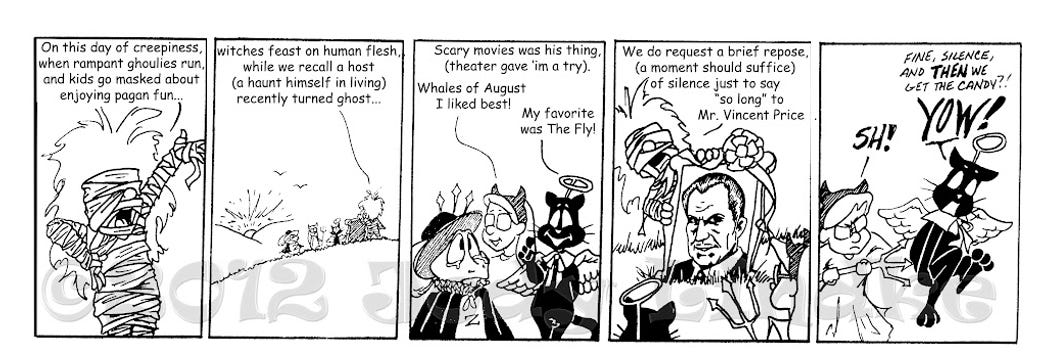


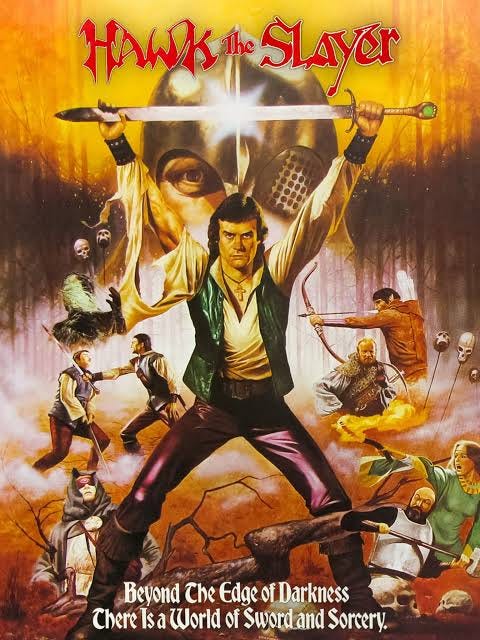
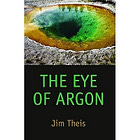

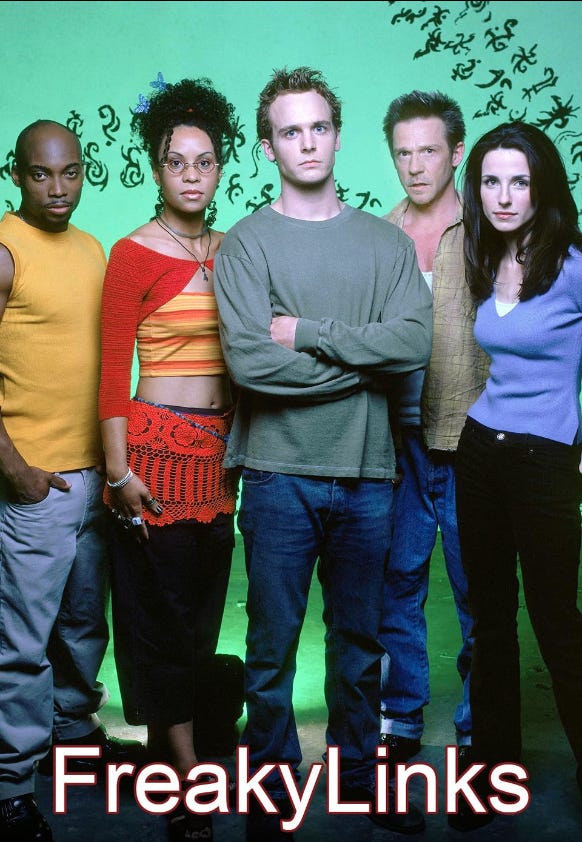






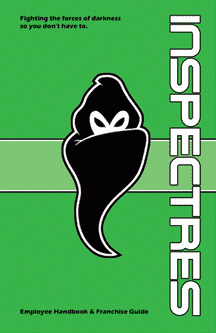
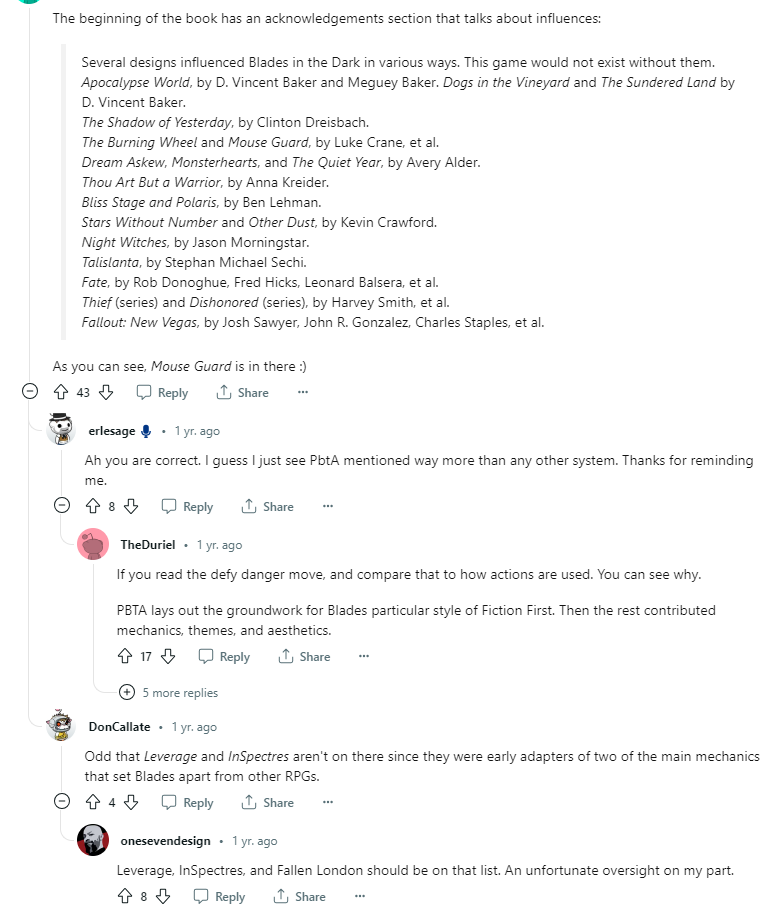
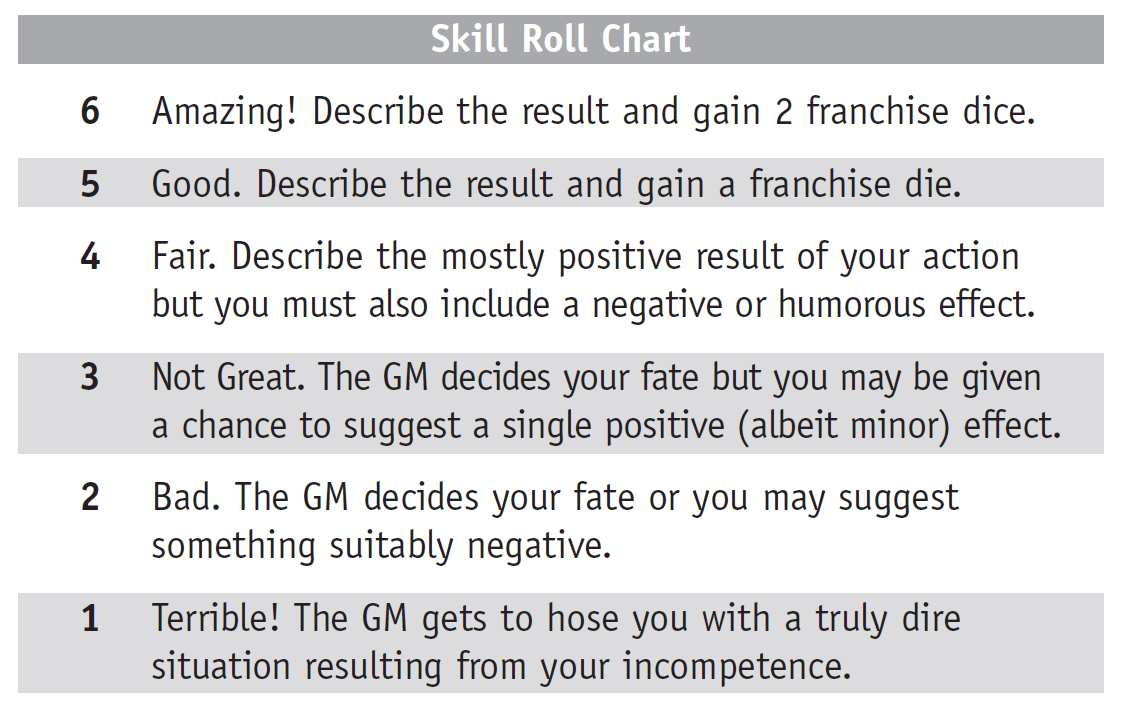
The song Fire of Unknown Origin has such an interesting history: a Patti Smith poem in honor of Jim Morrison, first performed in a music format with Lenny Kaye on guitar, demoed by BOC in a much different format for an earlier BOC album, and finally the version on the FOUO album.
That image is cursed and now my jimmies are rustled. ಠ_ಠ